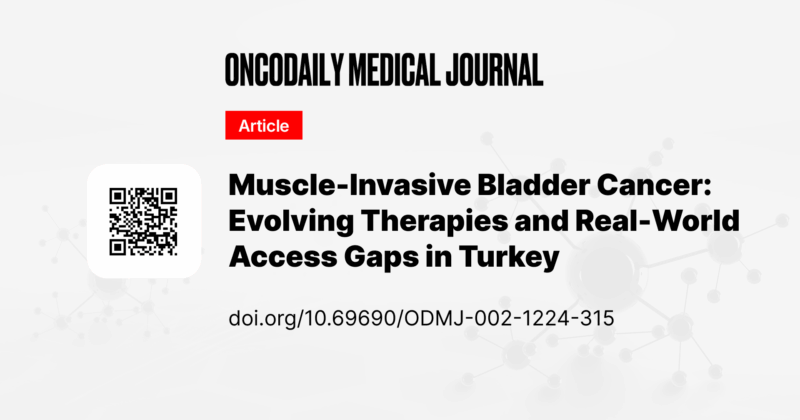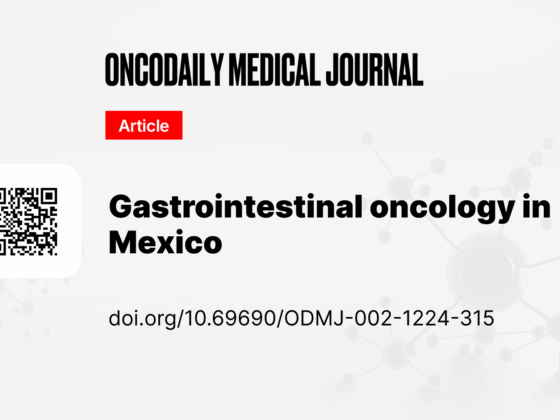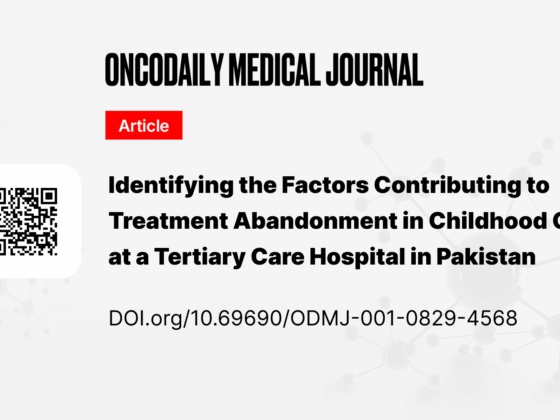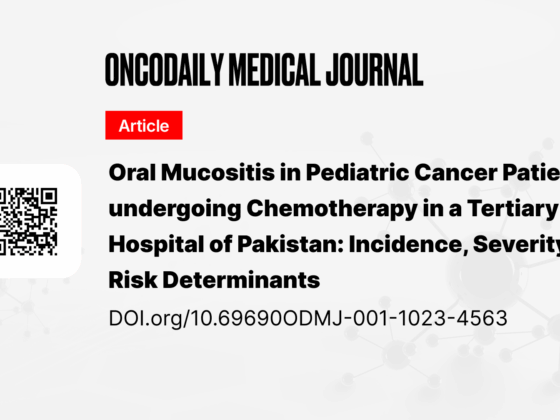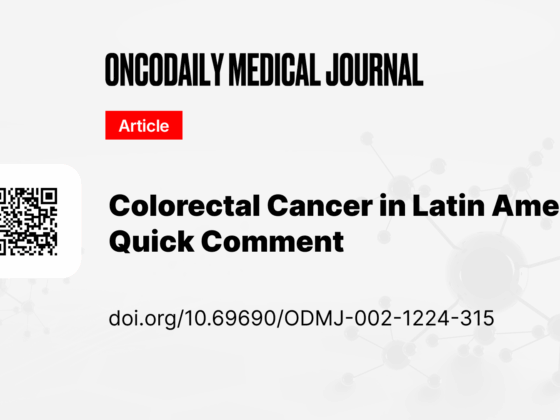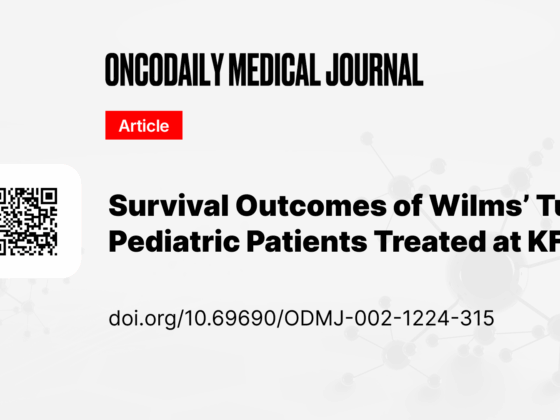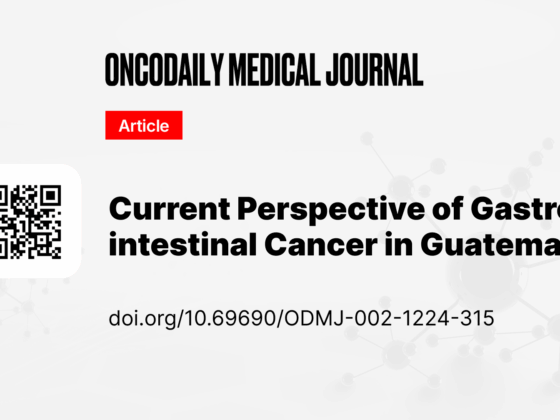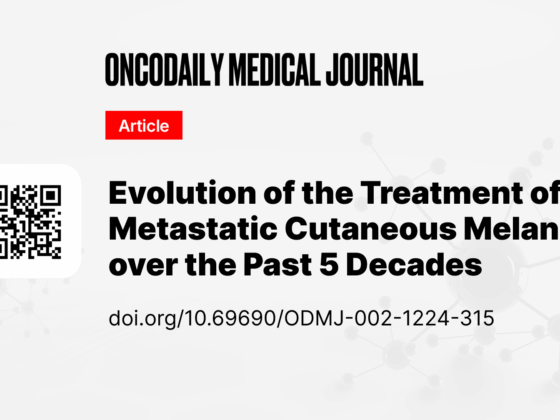In this article, we summarise a paper by Yüksel Ürün et al., published in the OncoDaily Medical Journal, on evolving therapies for MIBC and real-world access gaps in Turkey.
Title: Muscle-Invasive Bladder Cancer: Evolving Therapies and Real-World Access Gaps in Turkey
Authors: Yüksel Ürün et al.
DOI: 10.69690/ODMJ-002-0912-5113
Full article
Cystoscopy/TURBT with CT or MRI remains the diagnostic backbone; selected cases use PET-CT. For localised MIBC, standards are radical cystectomy with lymph-node dissection or trimodality therapy (maximal TURBT + chemoradiotherapy), with chemo-RT superior to RT alone.
Perioperative therapy. Neoadjuvant cisplatin-based chemotherapy improves survival versus surgery alone. Adjuvant nivolumab (CheckMate-274) and pembrolizumab (AMBASSADOR) prolong disease-free survival; perioperative durvalumab + Gem/Cis (NIAGARA) improves EFS/OS in cisplatin-eligible patients.
Metastatic disease. The new first-line benchmark is enfortumab vedotin + pembrolizumab (EV-302). Avelumab maintenance after platinum response improves OS (JAVELIN Bladder 100) and defines modern sequencing; nivolumab + Gem/Cis (CheckMate 901) is another effective first-line option. Targeted therapy includes erdafitinib for FGFR2/3-altered tumours; HER2-positive cases may benefit from trastuzumab-deruxtecan.
Access in Turkey. Avelumab maintenance is the only reimbursed immunotherapy for bladder cancer nationwide. Many perioperative and frontline metastatic regimens (e.g., adjuvant nivolumab, EV+pembrolizumab, perioperative durvalumab) are non-reimbursed, with annual costs far beyond average incomes; erdafitinib is approved but not reimbursed. Later-line care often defaults to conventional cytotoxics.
Bottom line: Science has advanced faster than access. Aligning reimbursement with international standards, funding biomarkers, and expanding chemoradiotherapy capacity would translate proven survival gains to everyday practice.

